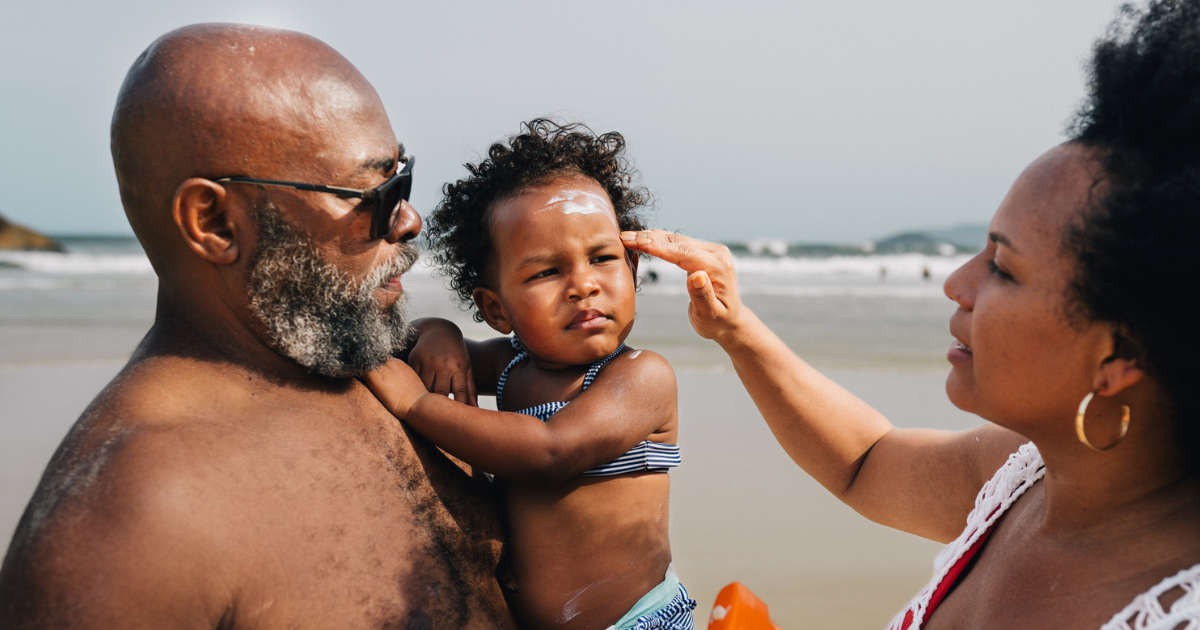You asked, we answered: Can people with skin of color get skin cancer?

Question:
Are people with skin of color less likely to get skin cancer than those with fairer skin because they have more melanin?
Answer from Vanessa Voss, MD, dermatologist:
It’s a myth that only white people can get skin cancer. In fact, skin cancer is more deadly in those with darker skin. This is because skin cancer is often caught later in patients with darker skin. Black patients with melanoma have an estimated five-year survival rate of 71% compared to 94% for white patients. Asian Americans and Pacific Islanders are diagnosed less frequently with skin cancer than white Americans. However, once diagnosed, they have higher mortality rates.
There are several reasons for late-stage diagnoses:
- Different cultural beliefs around sun protection.
- Patients are not educated on what to look for.
- Lack of access to health insurance, transportation, sick leave, etc.
- Mistrust of the medical system.
- Language barriers.
Melanoma is the deadliest and most common skin cancer, which appears in sun-exposed and non-sun-exposed areas. In skin of color, it’s most common on hands, feet and nails. We often refer to the mnemonic device called the “ABCDE Rule” to help people identify skin cancer:
- Asymmetry – One half of a mole or lesion doesn’t match the other half.
- Border – The edges of the mole are irregular.
- Color – The color is uneven with different shades.
- Diameter – The mole is larger than 6 millimeters.
- Evolving – The mole changes in size, shape and color.
Acral lentiginous melanoma is more common in skin of color. It’s found on the palms, soles of the feet and under the nails, accounting for 40% to 60% of melanoma diagnoses in Asian and African American ethnicities. Melanoma in the mouth or genitals is also more common in skin of color.
In patients of African descent, squamous cell carcinoma is the most common type of skin cancer. This can come from long-term sun exposure, smoking, inflammation and the presence of the HPV virus. It’s often confused with eczema and can be deadly if it’s not caught early on.
The sooner we find and treat skin cancer, the less likely it is to spread to other body parts and become deadly. Watch for specific growths on yourself, and always contact a dermatologist if you see something suspicious. Perform a skin and nail exam at home once a month with a full-length mirror and hand mirror for hard-to-see areas.
You can help prevent skin cancer by adopting these healthy habits:
- Avoid smoking and vaping.
- Eat a healthy diet.
- Get the HPV vaccine.
- Use sunscreen and wear protective clothing outdoors.
Sun protection is recommended for everyone – even if you don’t burn!
Early detection is your best defense against skin cancer. Call 800.922.0000 or schedule online for an appointment with one of our board-certified dermatologists.





